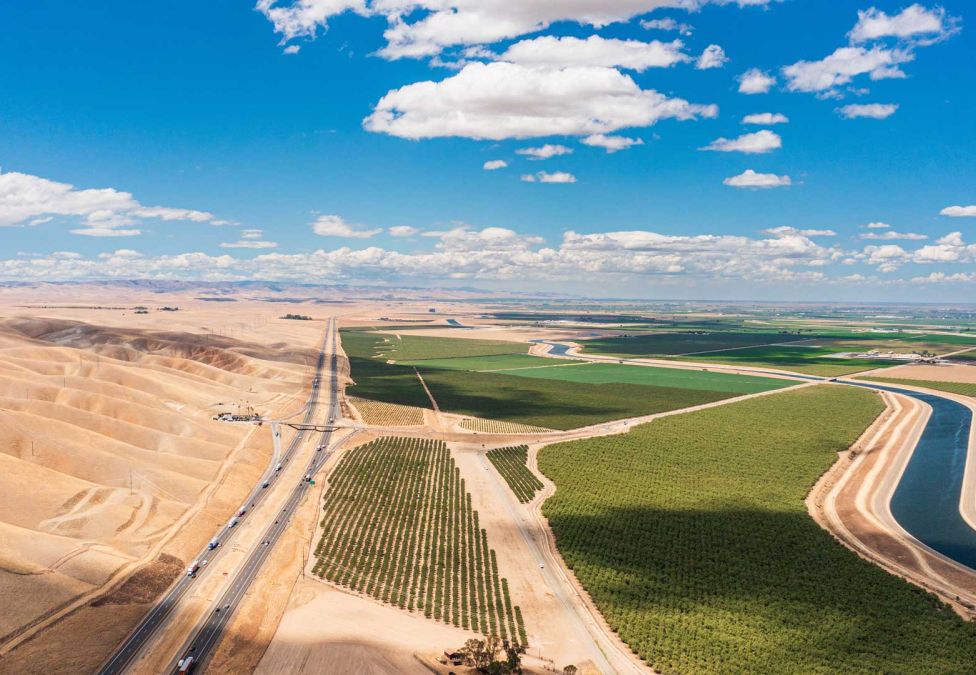Thank You for Downloading
Your download is complete—head to your Downloads folder to explore the insights.

Beyond the intensifying drought and widening infrastructure inefficiencies, there are billions of dollars worth of unmet operation and maintenance costs and system improvements currently to be found in the State Water Project and Central Valley Project, and throughout California. Accelerating water resilience throughout the state will require the state to gather better information regarding gaps in local water infrastructure project funding, operations and maintenance, and delivery systems. Additionally, the state will need to work with regions to facilitate the coordination, governance, and capacity-building capabilities necessary to harness innovative financing mechanisms that enhance economic growth and improve the quality of life for the residents in urban, rural, and agricultural communities.
Adequate and resilient infrastructure is needed to support people, communities, and a thriving economy. California is the world’s fifth-largest economy. Although its population declined in 2020 for the first time in history, the state expects the population to grow by another 11 percent over the next 30 years. The nation’s most populous and biggest agricultural state needs resilient infrastructure that can withstand inevitable impacts from climate change and sustain its economic prosperity not only for its 40 million (and counting) residents but for the rest of the nation that depends on California’s agricultural output.